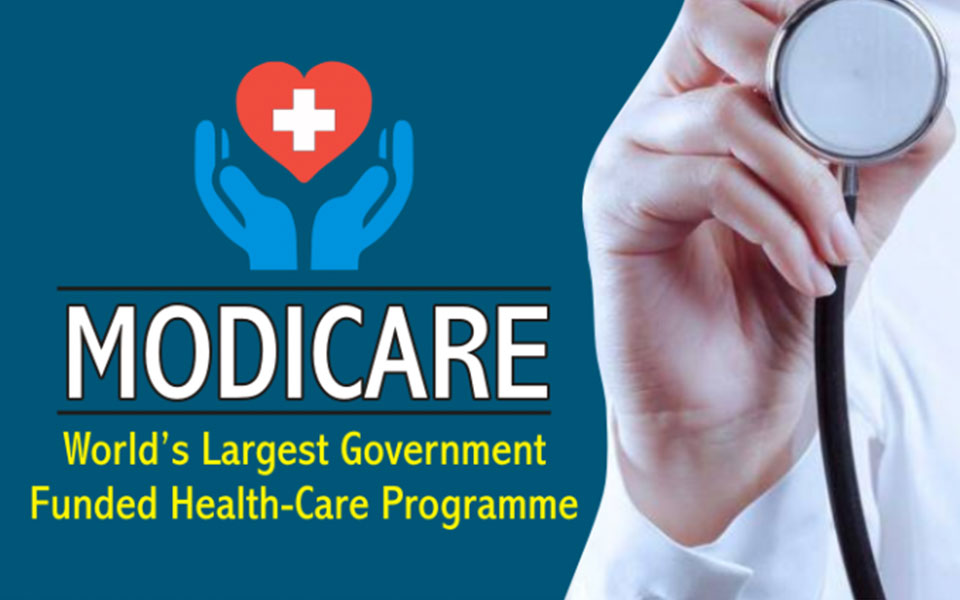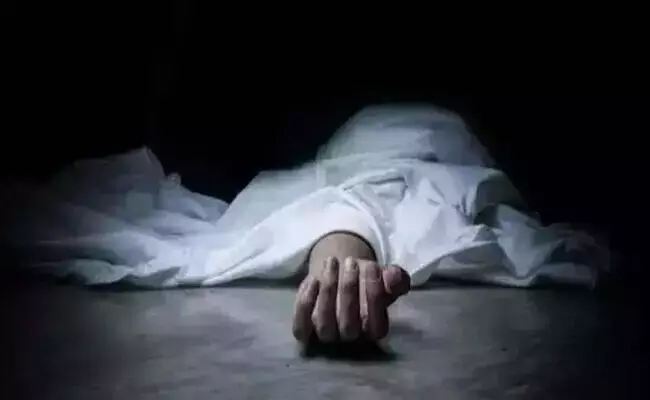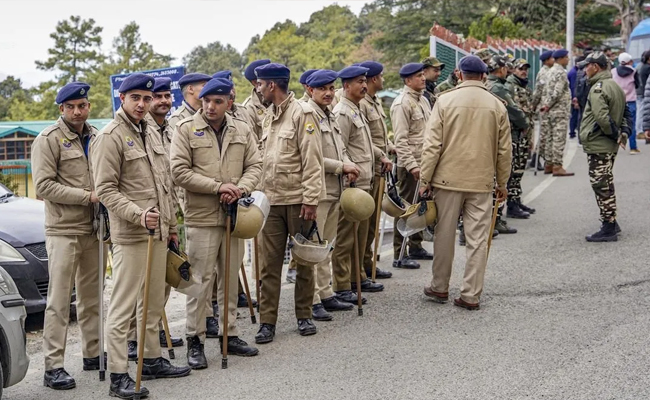New Delhi, July 4: The National Health Agency (NHA) on Wednesday called on public and private hospitals to get empaneled under the Ayushman Bharat programme, popularly known as Modicare, with the "motto of service to mankind" to achieve universal health coverage.
"I call upon each one of you to partner with the mission through the empanelment process initiated today to enhance the accessibility," NHA and Ayushman Bharat CEO Indu Bhushan said, urging the healthcare service providers to join the revolution in "spirit and deed".
Bhushan also requested the governments of all states and Union Territories to help the Ayushman Bharat - National Health Protection Mission (AB-NHPM) in garnering the support of hospitals and healthcare providers across the country for the path-breaking mission.
The objective is to improve access for the most vulnerable, unreached sections of the population and holistically address healthcare by covering prevention, promotion and ambulatory care at primary, secondary and tertiary levels, Bhushan said.
Ayushman Bharat Deputy CEO Dinesh Arora said the mission provides financial protection to 10.74 crore deprived rural families and identified occupational categories of urban workers' families as per the latest Socio-Economic Caste Census (SECC) data. It provides a cover for cashless hospitalization services of up to Rs 5 lakh per family per year.
The State Health Agencies (SHA) will start empaneling private and public healthcare service providers and facilities through State Empanelment Committees (SEC). At the district and block level, workshops will be held to brief on empanelment criteria, packages, processes and queries.
Facilities undertaking defined speciality packages will be required to satisfy additional requirements.
Specific criteria are outlined for cardiology and cardio-thoracic vascular services, cancer care, neurosurgery, burns, plastic and reconstructive surgery, neonatal/paediatric surgery, polytrauma, nephrology and urology surgery.
Let the Truth be known. If you read VB and like VB, please be a VB Supporter and Help us deliver the Truth to one and all.
Ranchi (PTI): The body of a migrant worker from Jharkhand’s Giridih district killed in Saudi Arabia in October last year has arrived at Ranchi Airport, but his family refused to accept it over pending compensation, officials said.
Shikha Lakra, team leader of the state migrant control cell, told PTI that, before taking the body of Vijay Kumar Mahato, the family is demanding compensation from the private company where he used to work in the Arab country.
Mahato was killed in an alleged crossfire between the police and criminals.
“Since it was a bullet injury case, the matter is before a court in Jeddah. The final compensation may depend on the court’s decision,” Lakra said.
“The Indian Embassy informed us about the body’s arrival, and coordination was done with district authorities. Our role is limited to coordination in cases involving overseas employers and foreign jurisdiction,” she added.
Giridih Deputy Commissioner Ram Niwas Yadav said the authorities will try to convince the family to perform the last rites.
“We have already sanctioned Rs 5 lakh under the government scheme for migrant’s deaths abroad. The compensation payment might take some time,” he said.
The body is currently at the mortuary of Rajendra Institute of Medical Sciences (RIMS) in Ranchi.
The Family members said they will only accept it if the company provides written assurance regarding compensation. “Without that assurance, we will not receive the body,” said Ram Prasad Mahato, the deceased’s brother-in-law.
Mahato, a native of Dudhpaniya village in Madh Gopali panchayat under Dumri block, was employed as a tower line fitter. His family said he was struck by a bullet during a gunfight between local police and an extortion gang and later succumbed to his injuries.
Social activist Sikander Ali said Mahato is survived by his wife, two young sons aged five and three, and elderly parents.





